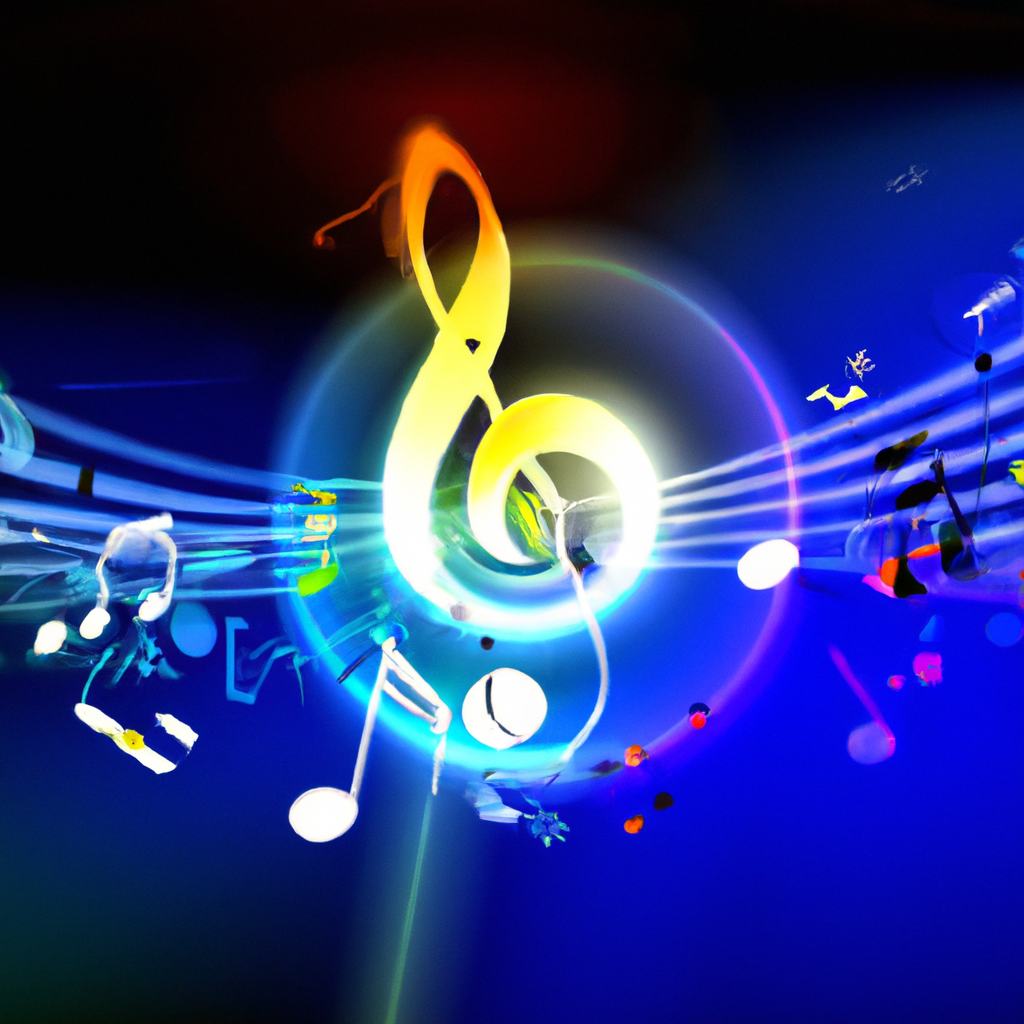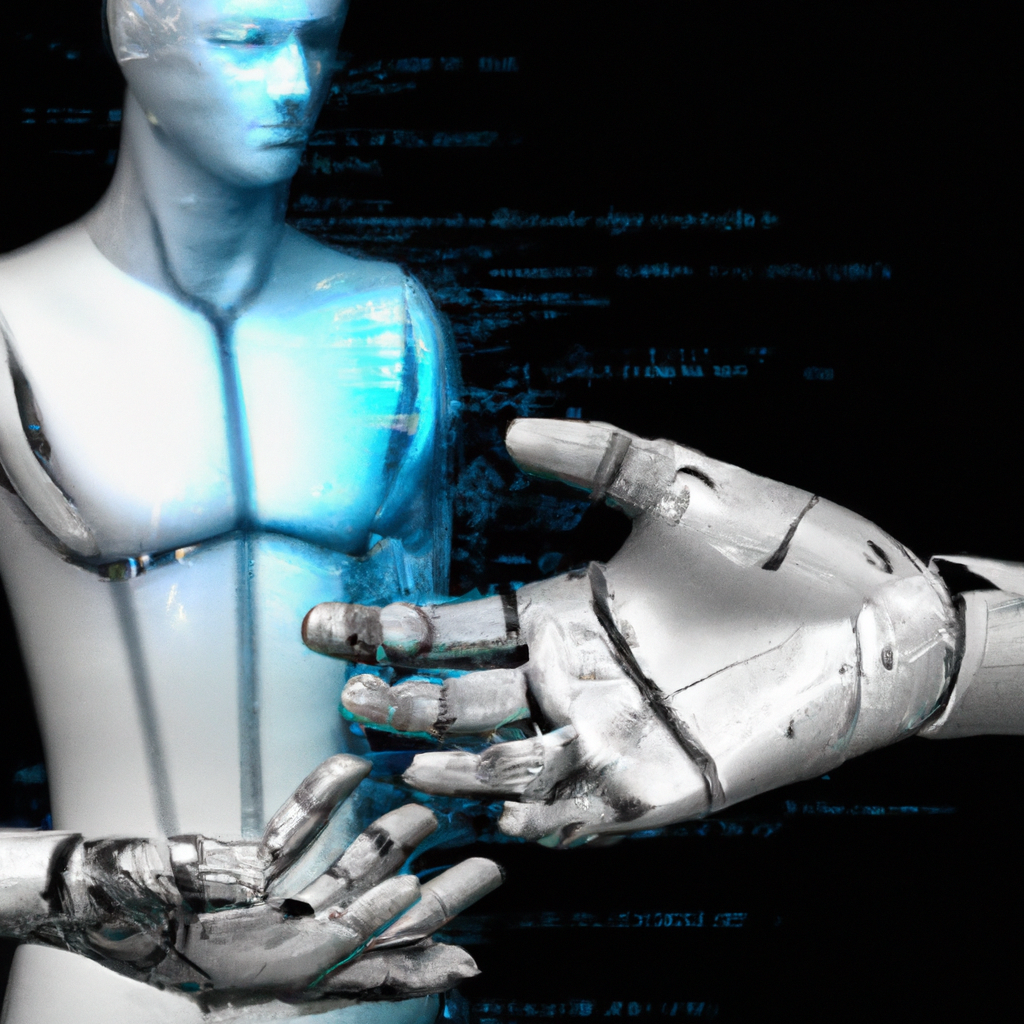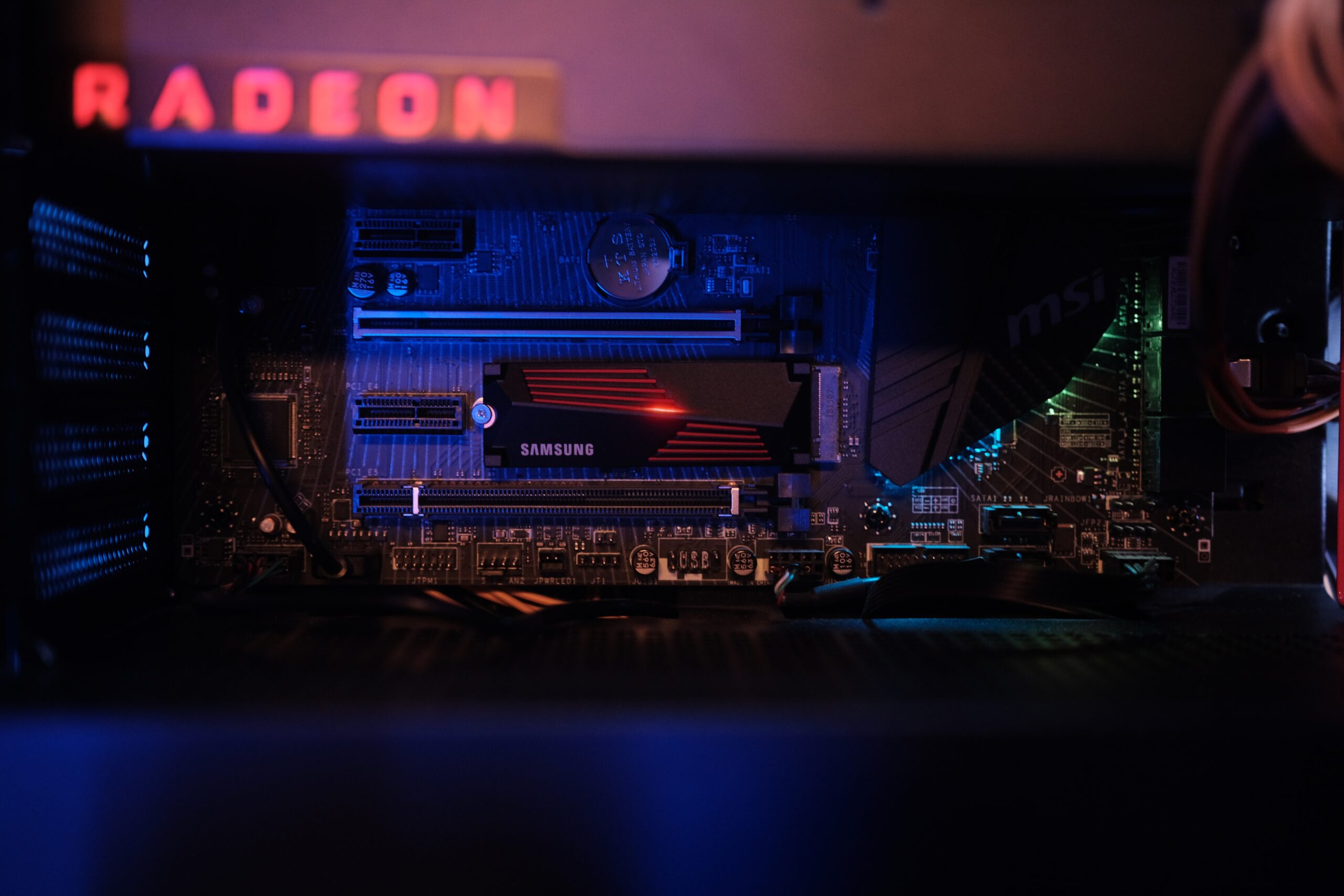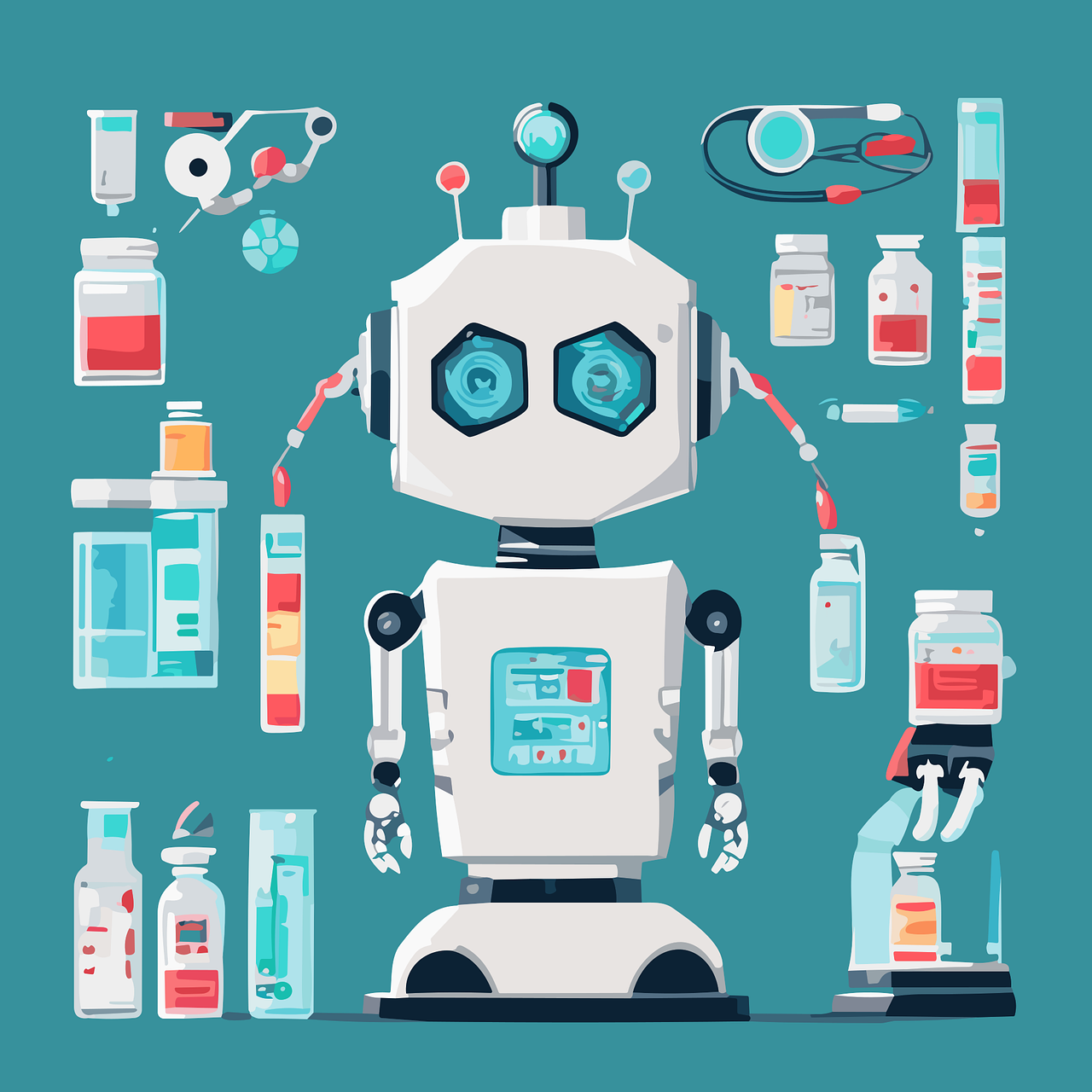Imagine a world where music composition is no longer limited to human creativity alone. A world where artificial intelligence (AI) takes center stage in the creation of mesmerizing melodies and captivating harmonies. Enter the realm of AI composers, where the impact of this cutting-edge technology on music creation is nothing short of revolutionary. In this article, we explore how AI composers are reshaping the landscape of music, pushing the boundaries of what was once considered exclusively human artistry. Get ready to embark on a captivating journey into the realm of AI-generated melodies and witness the transformative power of artificial intelligence in the world of music.
The Rise of AI in Music
Understanding AI’s role in music
Artificial intelligence (AI) has revolutionized various industries, and the music industry is no exception. AI has slowly emerged as a powerful tool for music creation, composition, and production. By leveraging advanced algorithms and machine learning capabilities, AI is transforming the music landscape in unprecedented ways. It is important to understand AI’s role in music to fully grasp its potential and impact.
The transformation of music industry through AI
The music industry has experienced a significant transformation due to the rise of AI. AI has provided musicians, producers, and composers with innovative tools to explore new musical frontiers. From composing melodies to generating rhythms, AI algorithms have become essential in the creation process. Additionally, AI has played a crucial role in automating various aspects of music production, resulting in increased efficiency and productivity.
Examples of AI applications in music creation
AI’s impact on music creation can be observed through the numerous applications that have emerged in recent years. One prominent example is Amper Music, an AI-powered platform that enables users to compose music by simply providing information on mood, tempo, and style. OpenAI’s MuseNet is another notable application that uses deep learning techniques to generate original compositions in various genres. These examples highlight the diverse ways in which AI is being utilized in music composition.
The Mechanics of AI Music Creation
How AI composes music
AI composers utilize complex algorithms to analyze large datasets of existing music and generate new compositions based on learned patterns and structures. By identifying common motifs, chord progressions, and melodic structures, AI can compose music that adheres to established musical conventions while also introducing unique elements. The process involves feeding a vast amount of music data into the AI system and allowing it to analyze and learn from this data to create original compositions.
The role of machine learning and algorithms
Machine learning algorithms play a crucial role in AI music creation. These algorithms can analyze and interpret patterns in massive datasets, allowing AI composers to generate music that exhibits a deep understanding of music theory and composition principles. Through the iterative process of training and refining the algorithms, AI systems become increasingly adept at producing high-quality compositions that resonate with listeners.
Critical evaluation of AI generated music
Critics argue that AI-generated music lacks the emotional depth and creativity that human composers bring to their compositions. While AI can replicate existing musical styles and structures, it often falls short in capturing the nuances and subtleties that make music truly moving. However, AI-generated music can still serve as a valuable tool for inspiration and exploration, pushing the boundaries of what is considered possible in music composition.

Current AI Composers and Applications
Prominent AI composers in the industry
Numerous AI music composers have made a significant impact in the industry. Jukedeck, for instance, utilizes AI algorithms to generate original compositions customized for various purposes such as video background music. AIVA, another prominent AI composer, has gained recognition for its ability to compose complex and emotionally engaging orchestral music. These AI composers have showcased the potential of AI in creating diverse musical compositions.
Analysis of different AI music applications
AI music applications have expanded beyond composition and production. Companies like LANDR have developed AI algorithms that provide automated mastering services, enhancing the sound quality of recordings. Shazam, a popular music identification app, uses AI technology to accurately identify songs based on their audio signatures. These applications demonstrate the versatility and wide-ranging impact of AI in different areas of the music industry.
Success stories of AI-generated music
AI-generated music has experienced significant success and recognition. In 2019, a composition co-written by a machine learning algorithm and a human composer made it to the shortlist of the International Songwriting Competition. This achievement highlighted the potential of AI in collaborating with human musicians and producing captivating musical works. Such success stories showcase the collaborative potential of AI in pushing the boundaries of traditional music composition.
The Impact on Traditional Music Composition
Comparison of AI-composed music and human-composed music
When comparing AI-composed music to human-composed music, various factors come into play. AI can efficiently produce vast volumes of music in a short time, while human composers often require more time and contemplation to create their works. However, human composers bring unique emotional depth and personal experiences to their compositions, resulting in music that resonates with audiences on a deeper level. AI-composed music may lack the same authenticity and emotional connection, but it can still contribute to the musical landscape by exploring new possibilities and expanding creative horizons.
The influence of AI on traditional music composition methods
The rise of AI has undoubtedly influenced traditional music composition methods. AI has provided musicians with new tools, techniques, and possibilities for creating music. Composers can now collaborate with AI systems to analyze vast amounts of data and experiment with different musical styles. This collaboration between human creativity and AI analysis has the potential to push the boundaries of traditional music composition methods, leading to innovative and unexpected musical outcomes.
Musicians’ perspective: challenges and opportunities
AI’s impact on traditional music composition has sparked both challenges and opportunities for musicians. On one hand, there is concern that AI could replace human composers, leading to a decline in opportunities for those in the profession. However, many musicians see AI as a powerful tool that can enhance their creativity and offer new avenues for musical expression. By embracing AI and leveraging its capabilities, musicians can explore uncharted territories and discover unique musical possibilities.
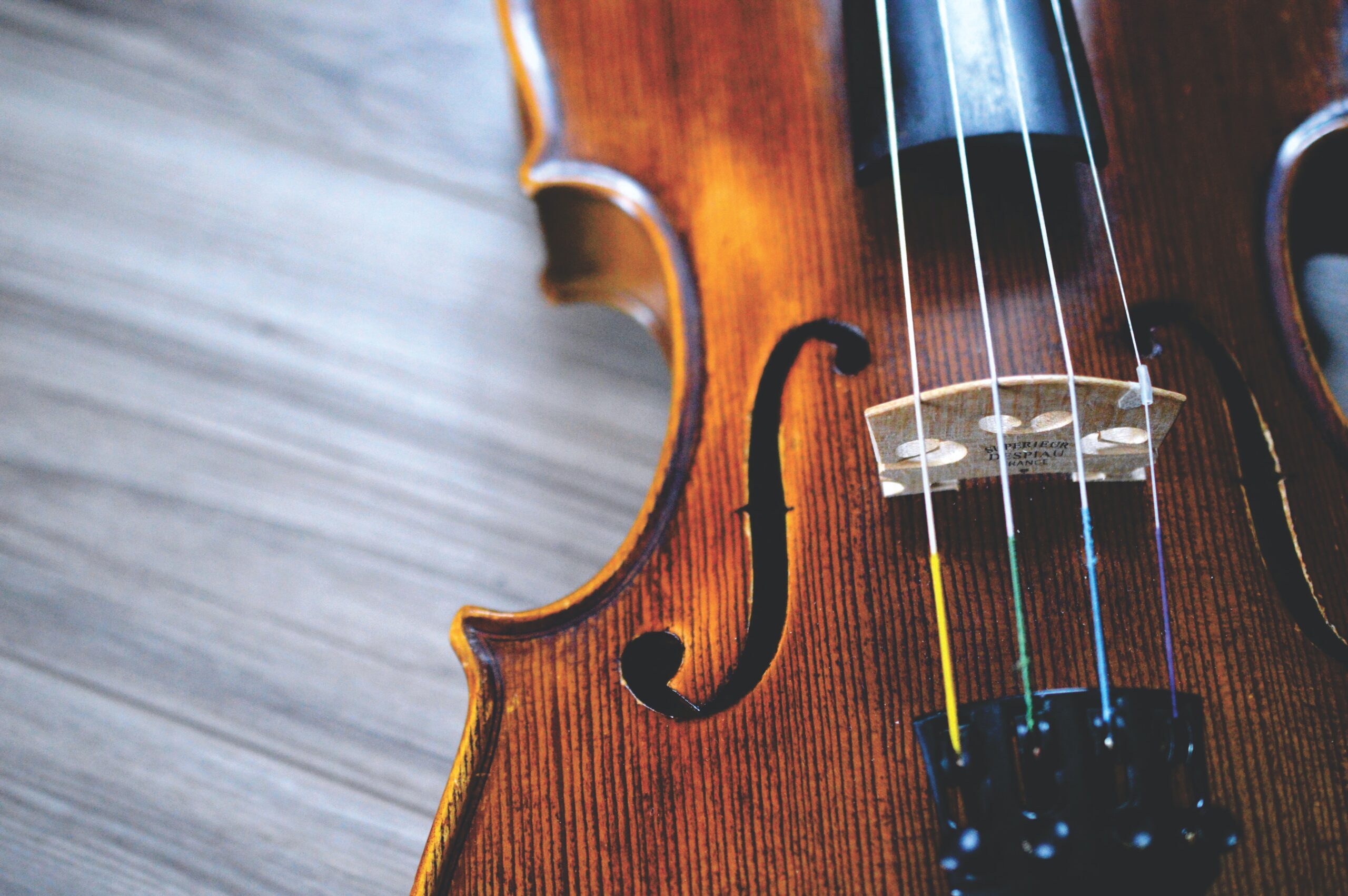
Ethics and Legal Implications
Copyright and intellectual property issues
As AI becomes more involved in music creation, copyright and intellectual property issues become increasingly complex. Determining the ownership and rights to AI-generated compositions raises important legal questions. While AI systems are trained on existing content, they can still create original compositions that blur the line between human and machine authorship. Addressing these legal implications and ensuring fair compensation for all parties involved is crucial to maintain the integrity and sustainability of the music industry.
Unsettling ethical questions raised by AI in music
The rise of AI in music also raises unsettling ethical questions. For example, AI systems can replicate the musical styles and compositions of renowned artists, potentially devaluing the uniqueness of their works. Additionally, AI-generated compositions might lack the intentionality and conscious decision-making that human composers put into their creations. Addressing these ethical concerns requires a careful examination of the impact of AI on artistic integrity and the dynamics of the music industry.
The complexity of AI’s evolving role: Regulations and policies
The evolving role of AI in music necessitates the development of regulations and policies to navigate legal and ethical challenges. Governments and industry organizations must work together to establish guidelines on ownership, attribution, and fair compensation for AI-generated music. Striking a balance between promoting innovation and protecting the rights of artists in the digital age requires robust conversations and proactive measures to ensure a sustainable and ethical future for AI in music.
Concerns and Criticisms
Key concerns about the rise of AI composers
The rise of AI composers has sparked concerns among musicians and music enthusiasts. One primary concern is the potential replacement of human composers by AI systems, leading to a decline in human creativity and artistry. There is also apprehension about the homogenization of musical styles, as AI algorithms tend to rely on existing data, potentially resulting in a lack of originality. Additionally, some worry that the reliance on AI may diminish the value and appreciation of human craftsmanship in music composition.
Is AI really creative? The Great Debate
The question of whether AI can truly be considered creative has sparked a great debate. Critics argue that AI is merely replicating existing musical patterns and lacks the ability to understand and express genuine emotions. However, proponents of AI emphasize its ability to combine and remix existing elements in novel ways, resulting in compositions that can be perceived as creative. The ongoing debate surrounding AI’s creativity challenges traditional notions of what it means to be creative and raises profound questions about the future of artistic endeavors.
Critics and skeptics’ views on AI in music
Critics and skeptics of AI in music express concerns about the diminishing role of human intuition, interpretation, and imagination. They argue that AI cannot replicate the human capacity for emotional depth and personal connection with the audience. Additionally, skeptics question the reliability and authenticity of AI-generated music, arguing that it lacks the unpredictability and improvisation that define human performances. These perspectives contribute to a robust discussion about the limitations and potential drawbacks of AI in the music industry.
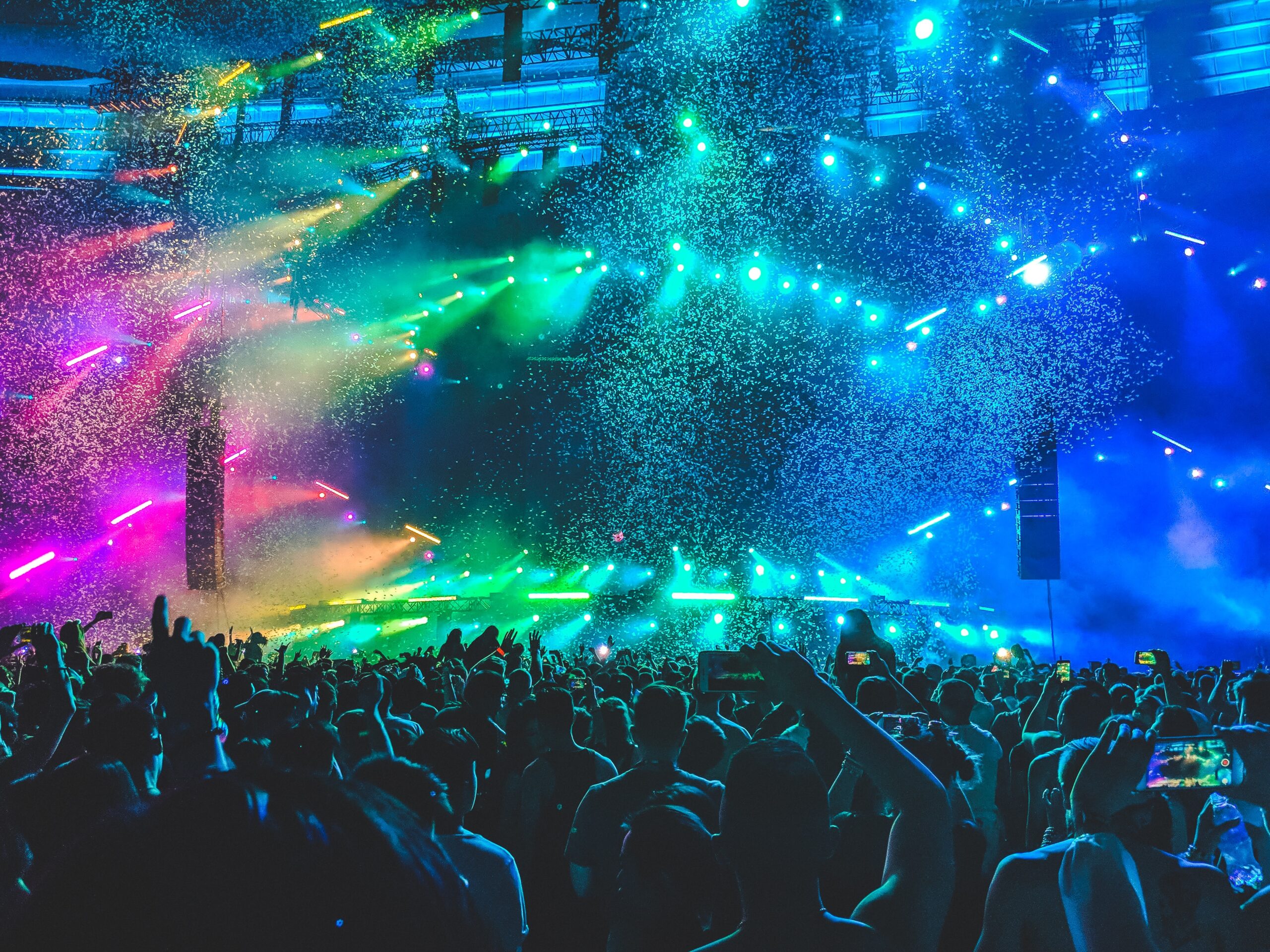
The Future of AI in Music
Predictions for the future of AI composers
The future of AI in music holds immense promise. AI composers are likely to evolve and become more sophisticated, providing even greater creative possibilities to musicians and composers. As AI algorithms continue to improve, they will be able to capture and replicate subtler nuances of emotion, leading to more emotionally engaging compositions. Furthermore, collaborations between AI and human composers may become increasingly prevalent, resulting in hybrid compositions that combine the best of both worlds.
Will AI replace human composers?
While AI has made significant advancements in music composition, the notion of AI replacing human composers entirely remains uncertain. Human creativity and the ability to evoke genuine emotions through music continue to be highly valuable. Instead of replacing humans, AI is more likely to complement and enhance human creativity, becoming a powerful tool alongside human composers. The collaborative potential between AI and human composers opens up exciting opportunities for musical innovation in the future.
Emerging trends in AI music creation
Several emerging trends in AI music creation are worth noting. One such trend is the development of AI-powered music recommendation systems that can curate personalized playlists based on individual preferences and emotions. Another trend is the use of AI in real-time music performances, allowing musicians to interact and improvise alongside AI-generated accompaniments. Additionally, AI is being utilized to analyze and predict music trends, facilitating targeted marketing and audience engagement. These trends highlight the dynamic and ever-evolving nature of AI in the music industry.
Potential Benefits of AI Composers
Increasing accessibility to music composition
One of the significant benefits of AI composers is the increased accessibility to music composition. With AI tools and applications, individuals who may not have a strong background in music theory or composition can easily experiment and create their own music. This democratization of music composition opens doors for aspiring musicians and enthusiasts, empowering them to express their creativity and share their musical ideas with the world.
AI-enhanced creativity
AI has the potential to enhance human creativity by providing a source of inspiration and expanding creative possibilities. AI algorithms can generate unique musical ideas that human composers may not have initially considered, leading to the discovery of new musical territories. By leveraging AI’s analytical capabilities and reliance on vast datasets, human composers can push their creative boundaries and explore uncharted avenues for musical expression.
Democratizing music production
AI composers have the potential to democratize music production by streamlining the process and making it more accessible to a broader audience. With AI-powered tools, individuals can compose, produce, and distribute music without the need for expensive equipment or extensive technical knowledge. This democratization of music production fosters diversity and inclusivity, allowing musicians from all backgrounds to share their voices and contribute to the creative landscape.

Evolution of AI Music Tech Startups
Key players in the AI music industry
The AI music industry has seen the emergence of several key players who are driving technological advancements and innovation. OpenAI, a prominent research organization, has been at the forefront of developing AI that can generate music and other creative works. Jukedeck and AIVA, previously mentioned as prominent AI composers, have successfully established themselves as leaders in the industry. Additionally, companies like Amper Music and LANDR have made significant contributions by developing AI-powered music creation and production tools.
Challenges faced by AI music startups
AI music startups face various challenges in their quest to revolutionize the music industry. One significant challenge is the integration of AI technologies into existing music production workflows. Adapting AI systems to work seamlessly with traditional software and hardware can be complex and time-consuming. Additionally, navigating legal and copyright regulations presents significant challenges, as AI-generated music raises questions about ownership, licensing, and attribution.
Success factors and growth projection of AI music startups
Success in the AI music industry relies on several key factors. Developing AI algorithms that produce high-quality and commercially appealing compositions is crucial. Startups that can effectively showcase the value and potential of AI in music to artists, labels, and consumers have a better chance of achieving success. Furthermore, establishing partnerships with established music industry players and fostering collaborations with renowned artists can significantly contribute to a startup’s growth and market penetration. With the right combination of innovation, collaboration, and industry support, AI music startups have the potential to shape the future of music creation.
Educational Implications of AI in Music
How AI music creation is changing music education
AI in music is transforming the landscape of music education. It provides educators and students with innovative tools and resources that enhance the learning experience. AI-powered music creation platforms allow students to experiment with different musical styles, analyze compositions, and engage in creative exploration. This hands-on approach to learning empowers students to develop their musical skills and broaden their understanding of music theory, composition, and production.
Using AI music tools in classroom settings
Incorporating AI music tools into classroom settings offers unique opportunities for music educators. These tools provide students with real-time feedback, personalized learning pathways, and collaborative learning experiences. AI algorithms can analyze students’ compositions, identify areas for improvement, and suggest creative alternatives. This interactive and adaptive learning environment fosters student engagement and nurtures individual creativity, making music education more inclusive and effective.
Skills required for the new age of music production
The advent of AI in music production has created a demand for a new set of skills. While traditional music skills such as instrumental proficiency and music theory remain important, musicians now need to develop an understanding of AI technologies and their applications. Familiarity with AI-powered music production tools, algorithmic composition techniques, and data analysis becomes crucial for harnessing the full potential of AI in music creation. Additionally, interdisciplinary skills such as collaboration, adaptability, and critical thinking play a significant role in navigating the evolving landscape of music production.
In conclusion, the rise of AI in music has revolutionized the music industry. AI composers are transforming the way music is created, produced, and consumed. While AI has its limitations, it offers new possibilities for musicians, composers, and students. The future of AI in music holds great promise, augmenting human creativity and pushing the boundaries of traditional music composition. As AI continues to evolve, the music industry and society as a whole must navigate the ethical, legal, and creative implications to ensure a harmonious integration of AI and human artistry.
